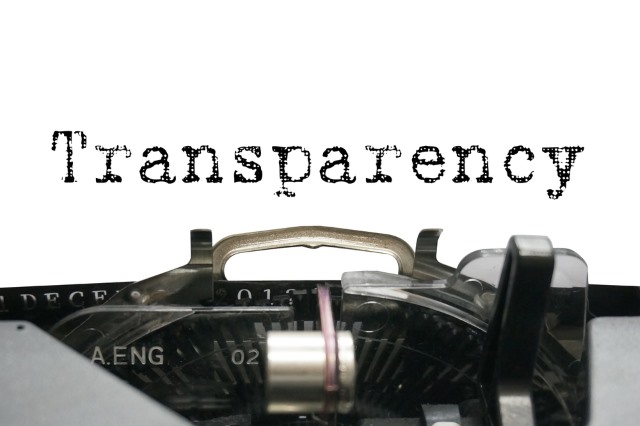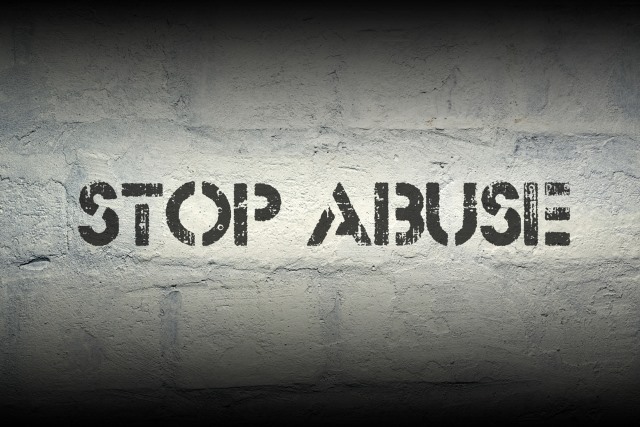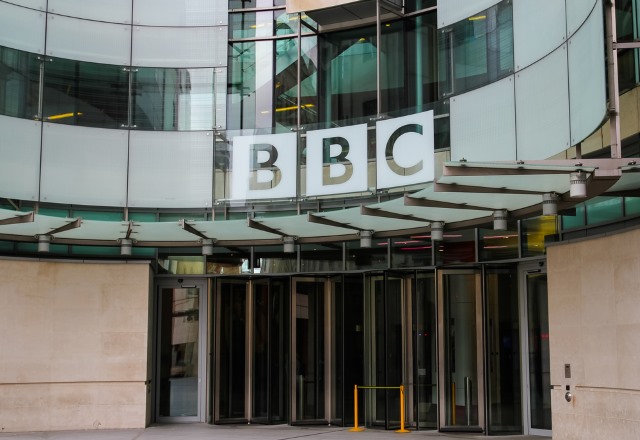
Court rules Google need only apply the 'right to be forgotten' in Europe, not worldwide
Google has won a case in the European Court of Justice meaning the company does not need to apply the controversial "right to be forgotten" on a global basis.
In a case between Google and Commission Nationale de l'Informatique et des Libertés (CNIL ) -- a French privacy regulator -- the court ruled that Google need only remove links from search results within Europe.

Google loses big 'right to be forgotten' case -- and it could set an important precedent
A businessman with an historic criminal conviction has won his case against Google in a "right to be forgotten" lawsuit seeking to remove information about his conviction from search results.
The case, heard today in London, could set a precedent and lead to a series of similar cases from other people with spent convictions. The anonymous businessman -- known only as NT2 -- has a conviction for conspiracy to intercept communications from more than a decade ago and spent six months in prison for the crime.

Privacy: UK government to force social media and tech companies to give users more control over their data
The UK government is set to introduce a new Data Protection Bill which will give people the right to demand companies delete personal data. The bill, due to be introduced this summer, will make it easier for people to find out what information is held about them and how it is being used.
Matt Hancock, the Digital Minister, says that the bill amounts to a widescale "right to be forgotten" and it will give people the opportunity to separate themselves from online posts they made when younger. It will also take steps to increase privacy by making it harder for companies to gain permission for limitless access to personal data.

Google to use geolocation data to block Right To Be Forgotten links around the world
Google is updating its approach to delisting search results in Europe under the Right To Be Forgotten. At the moment, people are able to request that search results do not link to articles that are "inadequate, irrelevant, no longer relevant or excessive, and not in the public interest" but there have been ways for searchers to bypass these delistings.
While Google may remove a search result from all European Google domains, there's nothing to stop people from using non-European versions of the search engine to access otherwise-hidden data. Starting next week, Google is going to start using geolocation data to crack down on this practice.

Microsoft launches new Transparency Hub, details content removal requests
In the post-Snowden age, transparency reports are all the rage. After the privacy debate that followed the NSA surveillance revelations technology companies fell over themselves to publish everything they could about government data requests. Microsoft has already released transparency reports, but today unveils a new Transparency Hub.
This is designed to be a central resource through which a variety of reports can be accessed, including the Law Enforcement Requests Report and U.S. National Security Orders Report. Data for the first six months of 2015 is now available, and there is a new section dedicated to Right To Be Forgotten-style requests for data removal.

Google loses Right to Be Forgotten appeal in France
France has rejected an appeal from Google about last year's Right to Be Forgotten ruling. A previous ruling said that when Google received requests from European citizens to remove search results linking to stories deemed "inadequate, irrelevant, or no longer relevant", the removals should be applied worldwide.
Google disagreed, saying that removals should be limited to country-specific Google domains like Google.co.uk and Google.fr, leading to the appeal. But the president of the Commission Nationale de l’Informatique et des Libertés, Isabelle Falque-Pierrotin, said that rather than amounting to censorship, imposing global removals would help to prevent circumventions of the ruling.

Now Google must censor search results about Right to Be Forgotten removals
The Right to Be Forgotten has proved somewhat controversial. While some see the requirement for Google to remove search results that link to pages that contain information about people that is "inadequate, irrelevant or no longer relevant" as a win for privacy, other see it as a form of censorship.
To fight back, there have been a number of sites that have started to list the stories Google is forced to stop linking to. In the latest twist, Google has now been ordered to remove links to contemporary news reports about the stories that were previously removed from search results. All clear? Thought not...

Anti-trolling site aims to stamp out online abuse, sexism, and homophobia
The day after the US Supreme Court voted to legalize same-sex marriage in all 50 states, the self-explanatorily named Stop Abuse Online website has launched. While the site has been set up with the intention of combating online abuse and trolling in general, female and LGBT victims are a particular focus.
The aim of Stop Abuse Online is to offer advice to those who find themselves falling victim to abuse -- be it online harassment, stalking revenge porn, or blackmail -- complete with legal tips about how to deal with different circumstances. The site is run by seven voluntary organizations in the UK and looks to bring the same protection to the web that people expect in the real world.

BBC reveals links censored by Google's Right To Be Forgotten
Google's Right To Be Forgotten gives people the chance to request the removal of search results linking to pages that contain information they believe to be "inadequate, irrelevant or no longer relevant". Google says it rejects more requests than it complies with, but there is still concern that the company is not providing enough detail about what it is doing. There have been calls for greater transparency from the company about the censorship that is taking place.
The BBC has published a list of all of the stories from its own site that have been removed from Google search results. The corporation announced that it wanted to be clear with people about which links has been deleted and plans to update the list each month. It already extends to nearly 200 entries and the BBC explains that while the stories may no longer be shown by Google, they are still available uncensored on the BBC site.
